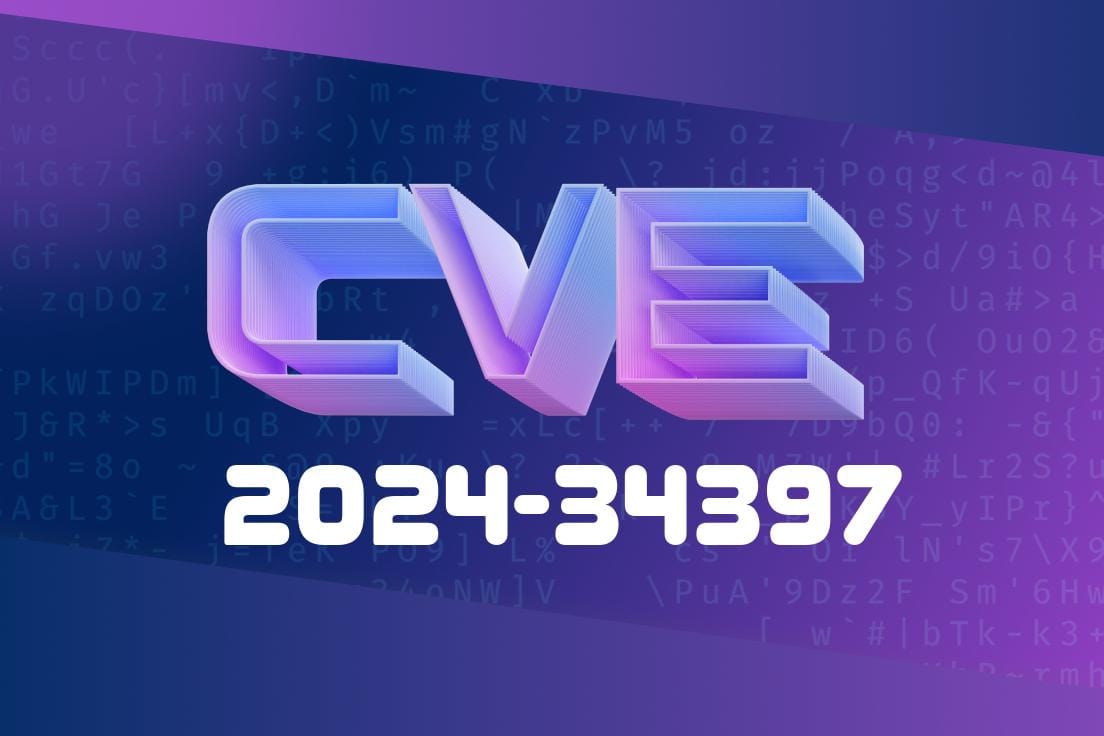A newly discovered security flaw is giving Linux desktop users something to worry about. Let's break down CVE-2024-34397, a vulnerability that affects how apps using GNOME’s GLib library listen for important system messages, and see why it matters for users, developers, and sysadmins alike.
What Is CVE-2024-34397?
CVE-2024-34397 exposes a weakness in the GLib library, which is a foundational building block for much of the Linux desktop ecosystem—including GNOME itself. The bug lives in the way the GDBus subsystem handles signals (messages) from system services over the D-Bus messaging system.
In plain English
- Apps using GDBus often subscribe to receive updates (“signals”) from trusted system services like NetworkManager.
On shared systems (with >1 logged-in user), another local user can forge (spoof) these signals.
- If your app trusts these signals are always authentic, it could be fooled, potentially leading it to act in unintended or even risky ways.
Why Should You Care?
If you use a shared computer (think: university workstations, office desktops, or cloud VMs with multiple users), this bug can allow other local users to trick critical apps into thinking a system service said something it never did. Depending on the app, this could:
A Simple Example
Let’s imagine a network-manager applet in your system tray listens for signals from the legit NetworkManager service. If an attacker user can fake a “network disconnected” signal, your applet may falsely report lost network and react as if you’re disconnected—even when you’re not.
Vulnerable Example code (Python pseudo-code)
from gi.repository import GLib, Gio
# This function gets called when a NetworkChanged signal is received
def on_network_changed(proxy, sender, params):
# The app trusts "network change" signals without checking source
print("Network changed: ", params)
bus = Gio.BusType.SYSTEM
name = 'org.freedesktop.NetworkManager'
object_path = '/org/freedesktop/NetworkManager'
# Subscribe to the NetworkManager's signals (vulnerable to spoofing!)
proxy = Gio.DBusProxy.new_for_bus_sync(
bus, , None, name, object_path,
'org.freedesktop.NetworkManager', None)
proxy.connect("g-signal", on_network_changed)
loop = GLib.MainLoop()
loop.run()
Problem:
The code above assumes all incoming signals are from the real NetworkManager, but any other logged-in local user can send a spoofed signal.
Send it via D-Bus from their own session using the dbus-send tool or a small script.
3. The target GDBus client (e.g., a network applet) mistakes the spoof for a real signal from NetworkManager.
Attack Demo Using dbus-send
dbus-send --system \
--dest=org.freedesktop.NetworkManager \
/org/freedesktop/NetworkManager \
org.freedesktop.NetworkManager.StateChanged \
int32:70
This would (pre-patch) be accepted by vulnerable GLib-based clients as coming from NetworkManager—even if sent by a non-privileged user.
GLib 2.80.1
To fix, developers updated GDBus to verify the sender’s bus name (the unique ID assigned by D-Bus) and match it to the trusted service. Signals from other sources are now ignored.
Developers: You can also manually harden your handler by checking the sender identity of any incoming signal before acting.
Secure Handler Example (Python)
TRUSTED_SENDER = ":1.10" # Replace with actual NetworkManager's bus ID
def on_network_changed(proxy, sender, params):
if sender != TRUSTED_SENDER:
print("Rejected signal from untrusted sender:", sender)
return
print("Network changed:", params)
But the best fix is to upgrade to a patched GLib.
Official References
- GLib Security Advisory
- CVE Record at MITRE
- GLib Release Notes 2.78.5
- Upstream Patch Commit
What Should You Do?
- Sysadmins: Update GLib to 2.78.5/2.80.1 or later.
Conclusion
CVE-2024-34397 is a reminder that, even in mature Unix environments, assumptions about “internal” trust don’t always hold up—especially when the app isn’t explicitly checking where its messages are coming from. Stay patched. Stay secure!
Further Reading
- GNOME GLib Documentation
- Understanding D-Bus
- How Linux Desktop Apps Talk to Each Other
*If you have further questions about this bug or need help securing your environment, feel free to leave a comment below!*
Timeline
Published on: 05/07/2024 18:15:08 UTC
Last modified on: 11/15/2024 18:35:32 UTC
